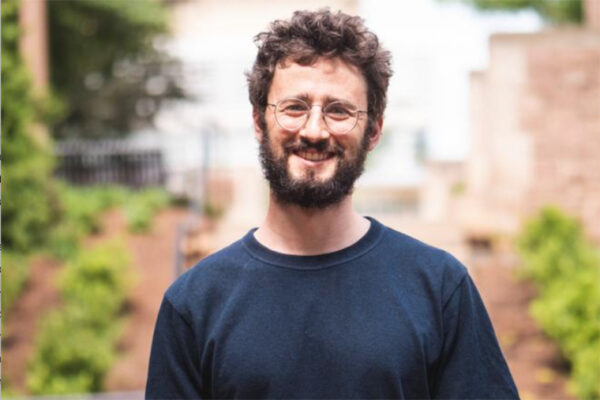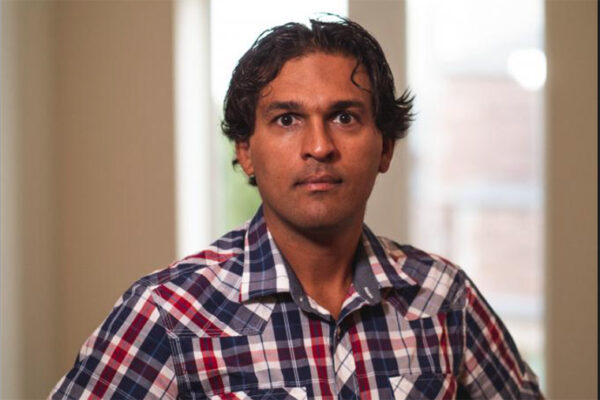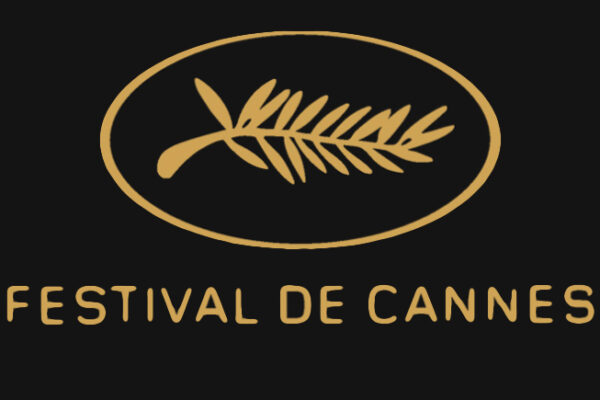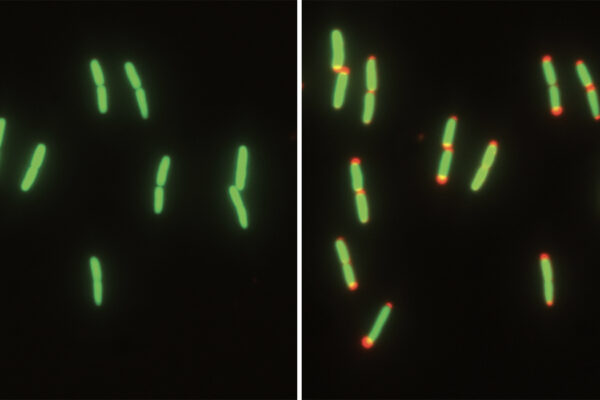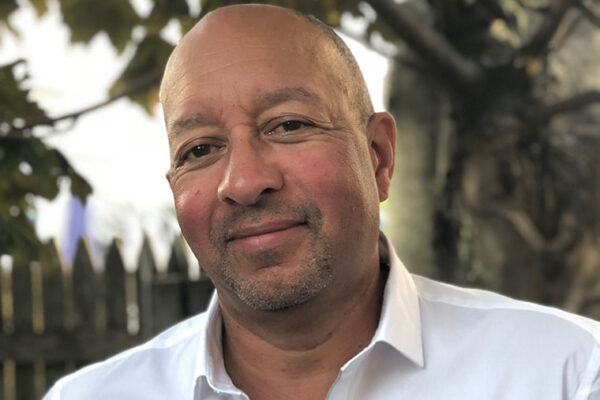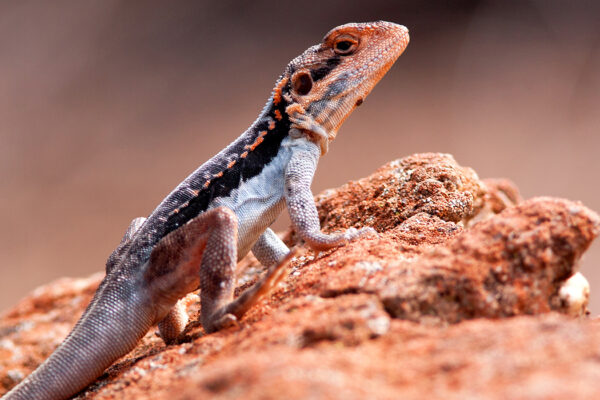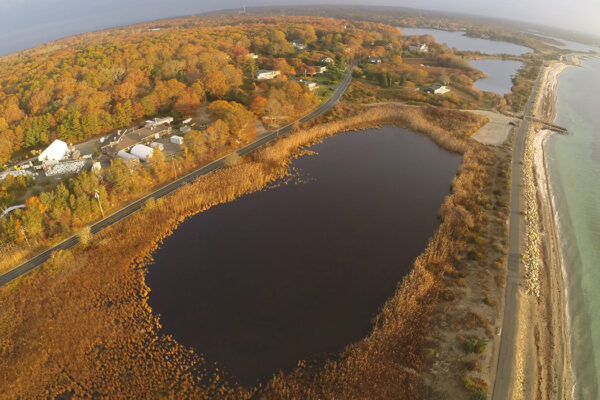Landry wins research fellowship
Michael Landry, the William Chauvenet Postdoctoral Lecturer in the Department of Mathematics and Statistics in Arts & Sciences, won a $150,000 postdoctoral research fellowship from the National Science Foundation. He will work with Steven Frankel, assistant professor.
Mathematician wins NSF grant
Francesco Di Plinio, assistant professor of mathematics and statistics in Arts & Sciences, won a $197,616 grant from the National Science Foundation for research in harmonic analysis, a branch of mathematics concerned with the rigorous description of signals and their processing.
Kashua’s ‘Let It Be Morning’ going to Cannes
“Let It Be Morning,” a new film based on the 2006 novel by Sayed Kashua, a doctoral candidate in comparative literature in Arts & Sciences, will compete at the 2021 Cannes Film Festival.
Keeping the peace: How UN peacekeepers maintain stability
New research sheds light on how — and in what context — peacekeepers can contain the spread of violence in fragile post-conflict areas.
Shrinking to survive: Bacteria adapt to a lifestyle in flux
Biologists discovered that E. coli bacteria have a strategy that may help them to survive in between meals. The new research from the laboratory of Petra Levin in Arts & Sciences is published in PNAS.
Phillips wins 2021 Jackson Poetry Prize
Poets & Writers has awarded the 2021 Jackson Poetry Prize to Carl Phillips, professor of English in Arts & Sciences.
Physics student earns science fellowship
Garrett King, a graduate student in the Department of Physics in Arts & Sciences, has been awarded a Stewardship Science Graduate Fellowship by the U.S. Department of Energy National Nuclear Security Administration.
If I never knew you
A study with Australian reptiles establishes a new return-on-investment method of determining species that are a priority for taxonomic research: undescribed species that are likely already threatened.
Without requiring vaccines, filled stadiums are unsafe
“If vaccines or negative COVID-19 tests are required for attendees, 100% attendance is safe,” says the Washington University in St. Louis mathematician who helped derive the model used for fan-attendance risk analysis across many of America’s sports venues. “Without requiring vaccinations or testing, it’s not.”
A ‘jolt’ for ocean carbon sequestration
Global oceans absorb about 25% of the carbon dioxide released into the atmosphere when fossil fuels are burned. Electricity-eating bacteria known as photoferrotrophs could provide a boost to this essential process, according to new research from biologist Arpita Bose in Arts & Sciences.
View More Stories
